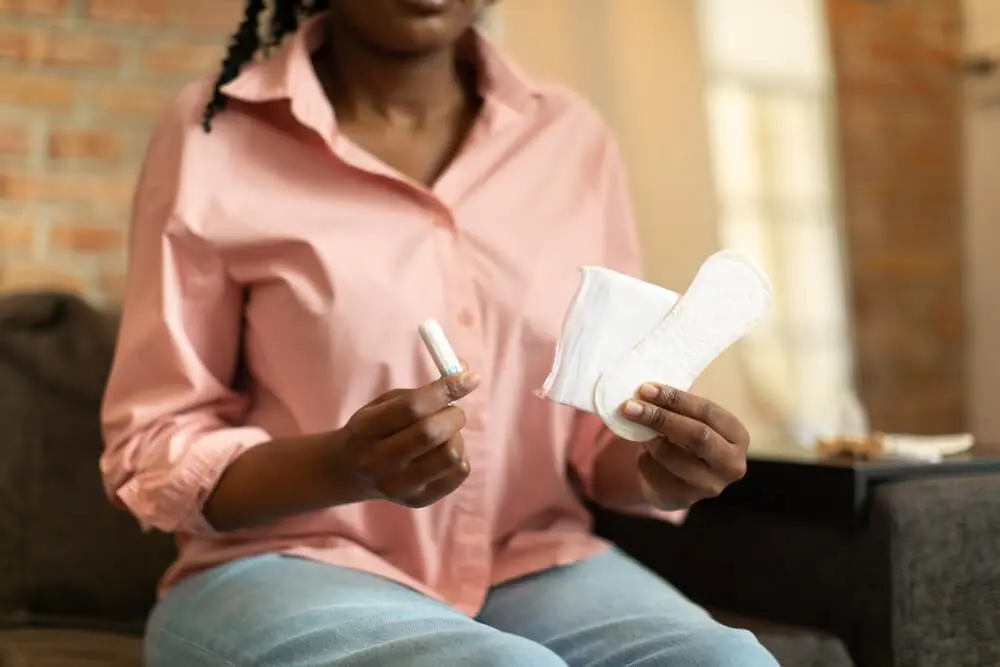A Nigerian public health expert has raised alarms over the widespread health risks of inadequate menstrual hygiene, linking poor practices to infections, pelvic inflammatory disease, and even infertility among women of reproductive age. Dr. Hameed Adediran, Senior Programme Manager at Population Services International (PSI) Nigeria, issued the warnings during a Friday workshop in Lagos aimed at equipping journalists and social media influencers with accurate health advocacy tools.
Speaking to attendees at the two-day event, Adediran emphasized menstruation as a natural biological process for adolescents and women, while stressing that mismanagement could trigger severe complications. “Poor menstrual hygiene can lead to pelvic inflammatory disease—a major contributor to infertility—alongside infections, irritation, and long-term impacts on physical and emotional health,” he stated. The physician underscored the need for breathable, eco-friendly menstrual products to reduce discomfort and infection risks, cautioning against non-porous alternatives that trap moisture and bacteria.
Adediran addressed common menstrual concerns, noting that missed periods often result from stress, dietary changes, or medication rather than immediate cause for panic. He urged women to consult healthcare providers for persistent irregularities rather than resorting to self-diagnosis. “Abnormalities in the menstrual cycle should never be ignored. Professional guidance is critical to rule out underlying issues,” he advised.
Daily hygiene protocols featured prominently in his recommendations, including bathing two to three times during menstruation and gently washing the vaginal area with water. He discouraged harsh cleaning agents, highlighting water as sufficient for maintaining cleanliness. The expert also called for broader societal efforts to normalize conversations about menstrual health, particularly in regions where stigma persists.
The PSI Nigeria workshop forms part of a broader initiative to amplify accurate health messaging through media partnerships. By training communicators on menstrual health advocacy, organizers aim to reduce misinformation and promote equitable access to hygiene resources—a challenge in areas where cost and cultural taboos limit product availability. Global health data suggests over 500 million people worldwide lack adequate facilities for menstrual management, exacerbating risks of urogenital infections and school or workplace absenteeism.
Adediran’s remarks align with growing calls to treat menstrual health as a public health priority rather than a niche issue. While Nigeria has made strides in policy—including eliminating taxes on sanitary products in 2021—implementation gaps persist, particularly in rural communities. The workshop highlighted collaborative strategies to address these disparities, framing menstrual equity as integral to gender equality and sustainable development goals.
As the event concluded, participants were urged to leverage their platforms in demystifying menstrual health, combatting myths, and advocating for systemic solutions—from affordable product access to comprehensive reproductive education in schools.





